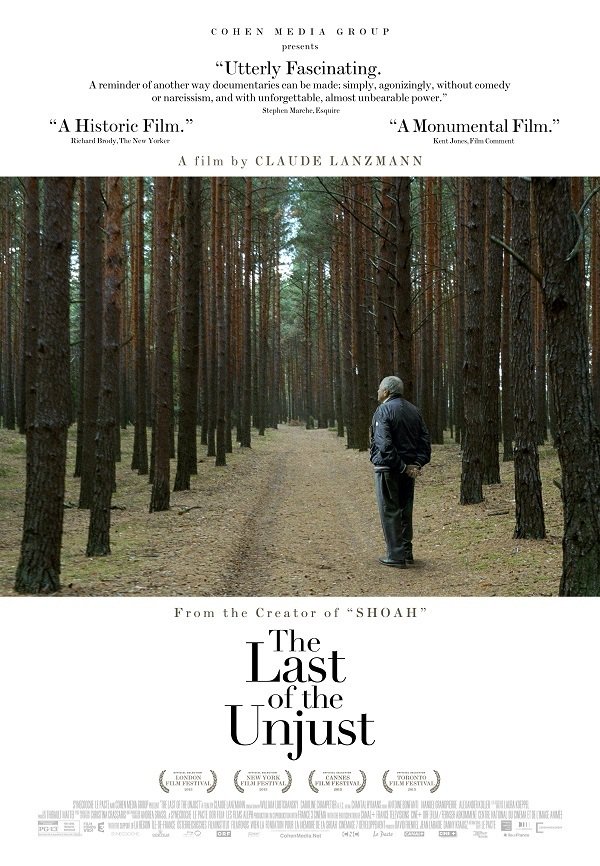What it’s about
While working on his epic “Shoah” in 1975, director Lanzmann spent a week interviewing Rabbi Murmelstein (the interviews were not included in his Holocaust opus). During the war, Murmelstein had been the last Jewish Elder at the Theresienstadt concentration camp north of Prague. Theresienstadt served as a transit station for Jews about to be deported to the East. Publicly, it was portrayed as a “model ghetto” by Adolf Eichmann, and Murmelstein’s role in its day-to-day operations became a highly controversial affair.
Why we love it
Continuing his probing of the Holocaust, Lanzmann draws out personal recollection to explore whether this devout Jew was complicit in the victimization of his people. Murmelstein compares himself to Scheherazade, and indeed his storytelling abilities are elaborate and captivating. Lanzmann’s incisive commentary often stands in counterpoint to Murmelstein’s detailed but sometimes evasive memories of the ghetto. Eloquent and more pragmatic than principled, Murmelstein remains a contradictory, almost tragic, figure.
